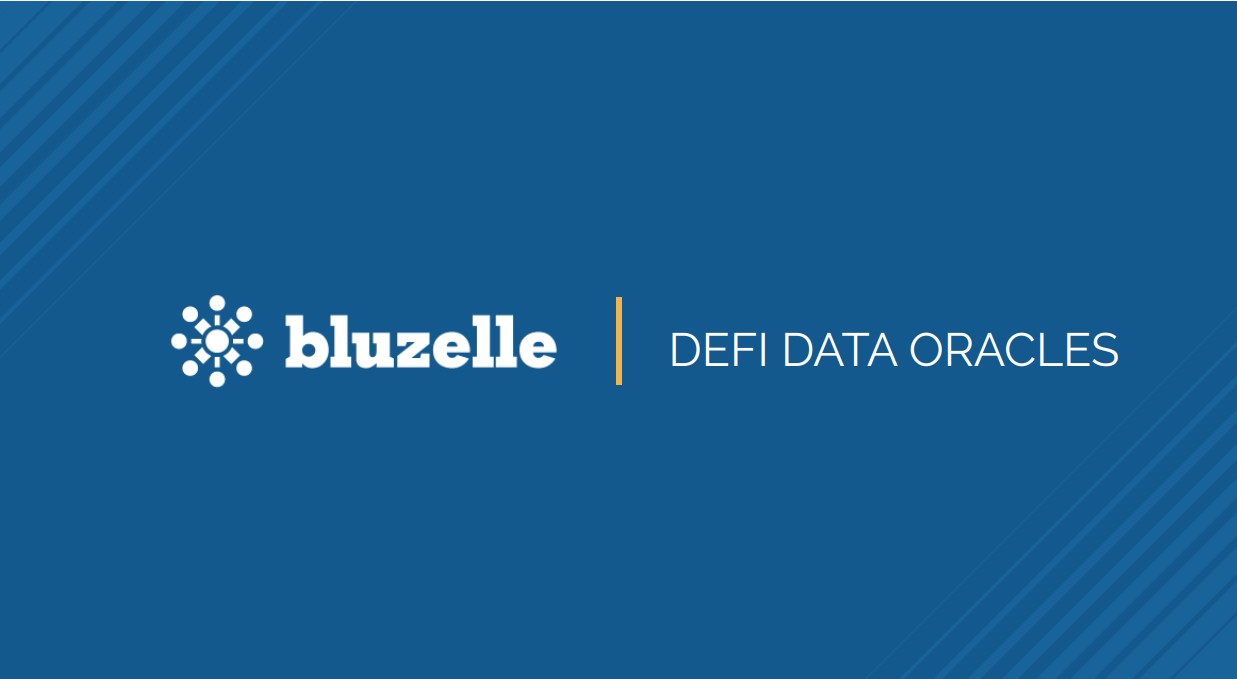The Bluzelle Oracle, which builds on the company’s vast network of validator nodes, represents the first of its kind that allows interaction with a fully decentralised database. In other words, the oracle reaches into a system that is supported, not by a central authority, but by a community of partners, which is the basis of DeFi’s trustless finance phenomenon.
What’s an Oracle anyhow?
First of all, though, what are “oracles” in the context of decentralised finance?
Don’t confuse the word “oracle” with the popular database brand Oracle Corporation that has made so many tech headlines predating the blockchain oracle, and even the blockchain itself.
Instead, “oracles” in DeFi are ‘consensus entities’ that allow for authoritative input into blockchain smart contracts. Okay, but what is a consensus entity?
One of the best ways to describe a decentralised database, or any other decentralised information source, is that, as mentioned above, these systems run on crowdsourced validation, not validation by a central source (i.e. a bank or accounting firm). Experts explaining this concept urge newbies to think of a wedding ceremony: the vows of the couple are validated first, not by a document or photo documentation, but by the listening ears of the assembled guests. Even if there were no other record of the wedding, the 100 or so participants could, theoretically, authenticate the agreement of the bride and groom to be joined for ever after.

That’s the role of the DeFi oracle, which, in general, provides for ‘multiple data inputs.’ It’s instructive to use the original DeFinition of “oracle” – an individual who speaks with authority – to refer to these authoritative and authenticating data input sources for smart contracts. The oracle also solves various if-then setups in decentralised networks. Suppose a payment is only to be made on a specific condition (e.g. whether somebody worked). The oracle will be the “seer” to validate the work done to receive the reward.
To buttress its authority, like other kinds of premier FinTech solutions, the Bluzelle oracle is ‘Byzantine fault-tolerant.’ What that means is that it has no single point of failure, and that it’s designed to work regardless of a single bad actor or misrepresenting validator party in the chain. The Byzantine fault-tolerant model goes back to ancient history and the practice of validating testimony between multiple stakeholders – generals had to agree on a battle plan based on reported conditions on the ground. If one lied or misrepresented conditions, the plan had to still be valid based on a fault tolerant approach. True to form, today’s DeFi solutions build in this type of safeguard.
Another feature of this new Bluzelle oracle is a set of stored price feeds that can be accessed on demand. As experts in the industry point out, this can help to solve many problems with black hat actors or malicious parties that try to provide misinformation on pricing. That, some say, is going to be important in a DeFi industry of over $6 billion.
How blockchain could play a relevant role in putting Covid-19 behind us
One step closer to ‘DeFi for all’
In general, companies have been one-upping each other on DeFi oracle design for a while. An early outlier, Chainlink, had a favorable version of this technology, with a challenger DIA promoting its own proprietary model that the company contended boosted the accuracy of available options. Then, companies have been looking at how oracles help to scale D-apps and more.
Investors and other stakeholders can look for the oracle to become a more established part of decentralised finance moving forward. For the Bluzelle Oracle in particular, this solution benefits from the company’s familiarity as the “Airbnb of database,” renting space to various partners on its decentralized DB platform. The addition of more tools and resources builds the DeFi ecosystem that clients will use for any number of evolved business use cases.







